If you’re pregnant it’s important to stay up to date with your vaccines when they’re offered to you. Vaccines not only protect you, they give your baby protection too when they’re born. You can find out more about the whooping cough, RSV, flu and COVID-19 vaccines here.
Why it’s important to get your vaccinations when you’re pregnant
In this video, Professor Sarah Stock, Consultant Obstetrician and Researcher at the University of Edinburgh, explains why it's important to stay up to date with all the vaccines offered to you when you're pregnant.
Pregnancy and whooping cough
It’s important to get the whooping cough vaccine as soon as possible after week 16 of your pregnancy. Getting the vaccine protects you, and also offers vital protection to your baby until they’re old enough to have the routine immunisation at 8 weeks old.
Whooping cough is a highly contagious bacterial infection of the lungs and airways. It causes repeated coughing bouts that can last for 2 to 3 months or more, and can make babies and young children in particular very ill.
The whooping cough vaccine is recommended every time you’re pregnant, even if you’ve had the vaccine before.
This short video provides more information about the whooping cough vaccine during pregnancy. You can find out more about whooping cough and getting your vaccines when you’re pregnant on the NHS Inform website.
Pregnancy and RSV
RSV stands for respiratory syncytial virus. In most people it causes a mild illness with cold-like symptoms. In Scotland, RSV is the most common reason that babies are admitted to hospital with respiratory (breathing) problems. This is why if you’re pregnant you’ll be offered the RSV vaccine. It’ll help protect your baby against serious illness from RSV infection. You can get the RSV vaccine from 28 weeks.
You can find out more about the RSV vaccine on the NHS Inform website.
Pregnancy and flu
Influenza (flu) is an infectious virus and can be serious, even if you’re healthy. The flu vaccine is the safest and most effective way to help protect against flu, for you and your baby.
You can find out more about the flu vaccine on the NHS Inform website.
Pregnancy and COVID-19
The COVID-19 vaccine is strongly recommended in pregnancy, so if you haven't had all the doses you're eligible for, it’s important to get these as soon as you can. Pregnant women are a priority group for COVID-19 vaccination.
Vaccination is the best way to protect against the known risks of COVID-19 in pregnancy for you and your baby. This includes reducing the risk of you being admitted to intensive care and the risk of your baby being born prematurely.
There is lots of helpful information available on NHS Inform and the Royal College of Obstetricians and Gynaecologists website to help you.
Why it's so important to get the COVID-19 vaccine
Pregnant women are at increased risk from COVID-19.
- Some pregnant women have become seriously unwell and have needed hospital treatment.
- Pregnant women with COVID-19 have a higher risk of being admitted to intensive care than women of the same age who aren't pregnant.
- If you have COVID-19 in pregnancy, you are twice as likely to have a stillbirth, and it's twice as likely that your baby will be born prematurely, which can affect their long term-health.
- Data from Public Health Scotland showed that 98% of pregnant women with COVID-19 who required intensive care in Scotland were unvaccinated.
In addition, if you're pregnant you're more likely to have severe COVID-19 infection if you:
- have underlying health conditions (for example diabetes, high blood pressure or asthma)
- are overweight
- are of Black and Asian Minority Ethnic background
- are aged 35 years or over.
The Joint Committee on Vaccination and Immunisation (JCVI) has advised that pregnant women of any age should be prioritised as a clinical risk group for COVID-19 vaccination. So if you're pregnant it's really important that if you get all the recommended doses of the COVID-19 vaccine as soon as possible.
The vaccine can be given at any stage during pregnancy.
COVID-19 vaccines and pregnancy
The COVID-19 vaccines available in the UK have been shown to be effective and safe. You and your unborn baby cannot catch COVID-19 from the vaccines. Evidence shows there are no pregnancy-related safety concerns following COVID-19 vaccination in pregnancy. Therefore it’s recommended that everyone who's pregnant should have the coronavirus vaccine, if they haven’t yet had all the doses they are eligible for.
The Pfizer/BioNTech and Moderna COVID-19 vaccines are the preferred vaccines for pregnant women, because they’ve been used more extensively in pregnancy.
You can find out more about this on the NHS Inform website.
Having all the recommended doses of the vaccine is important for longer-term protection against COVID-19.
If you'd like to know more, please read the Royal College of Obstetricians and Gynaecologists information about the risks and benefits of COVID-19 vaccination before attending your appointment. You may wish to discuss the benefits and risks of having the vaccine with your midwife, GP or other clinician who’ll be happy to help.
COVID-19 vaccines and breastfeeding
If you’re breastfeeding, or planning to breastfeed, you can still get the COVID-19 vaccine if you're eligible. You can find out more about breastfeeding and the vaccine here.
COVID-19 vaccines and fertility
There’s no evidence to suggest that COVID-19 vaccines will affect fertility in women or men. If you’re thinking of getting pregnant, the vaccine is the best way to protect yourself and your baby against the known risks of COVID-19 in pregnancy.
You don’t need to avoid trying for a baby after receiving the COVID-19 vaccination.
More information
The COVID-19 vaccine - Pregnancy leaflet has more information about the coronavirus vaccination programme if you are pregnant or breastfeeding.
This short video also tells you more about getting the COVID-19 vaccine if you’re pregnant.
You can find out more about vaccines in pregnancy at NHS Inform.
 Activities & Play
Activities & Play Behaviour
Behaviour Childcare
Childcare Development & Growing Up
Development & Growing Up Family, Friends & Relationships
Family, Friends & Relationships Feeding Your Baby
Feeding Your Baby Food & Eating
Food & Eating Health & Safety
Health & Safety Mental Health & Wellbeing
Mental Health & Wellbeing Money & Work
Money & Work Online Behaviour & Safety
Online Behaviour & Safety Pregnancy & First Days
Pregnancy & First Days School & Education
School & Education Sleep
Sleep

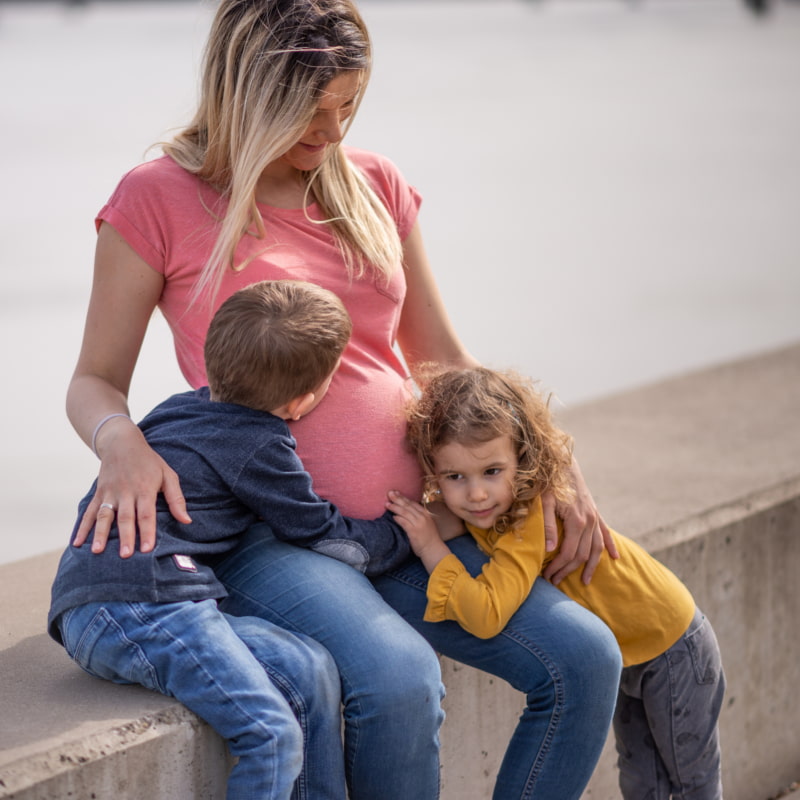
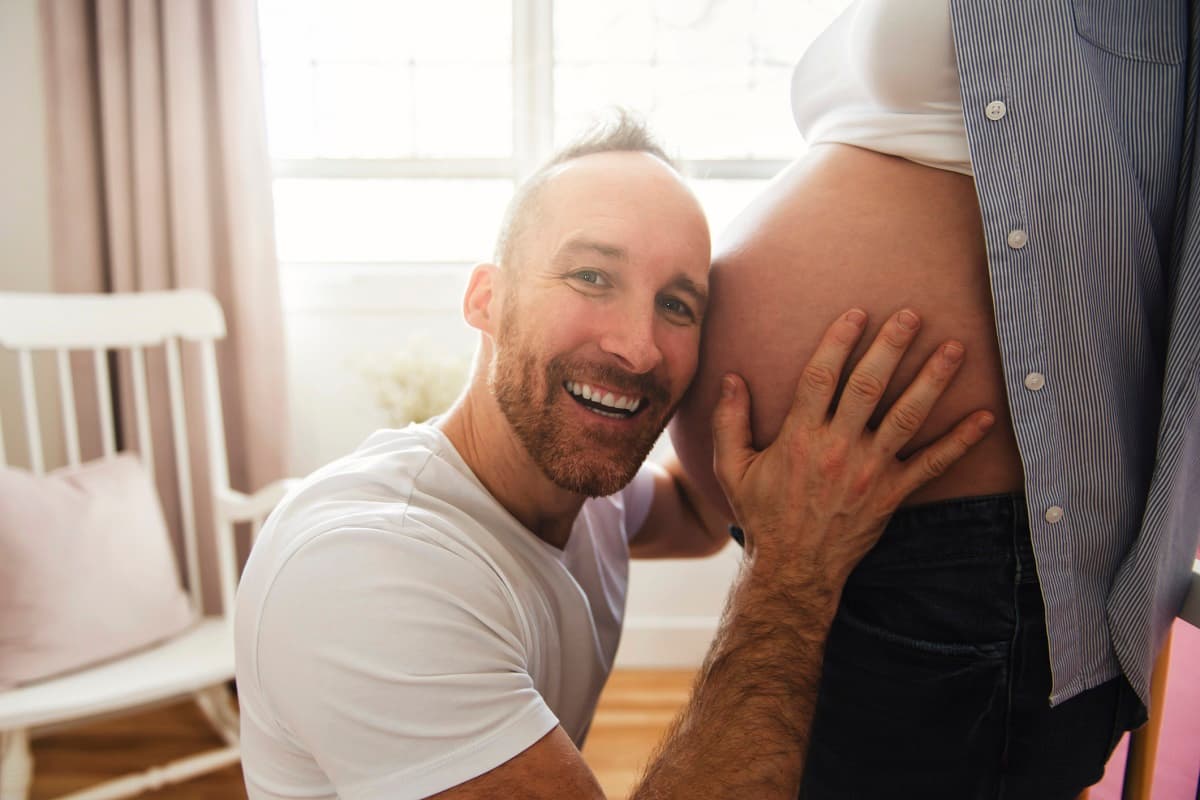
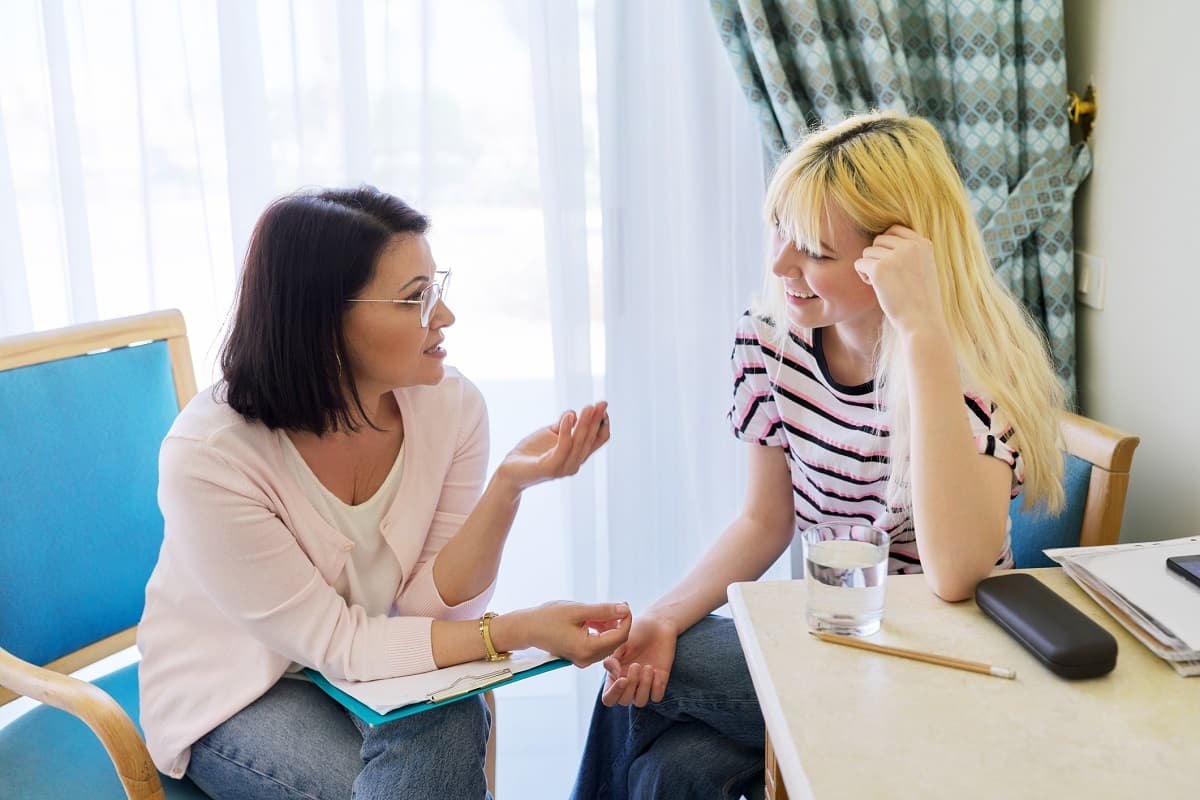

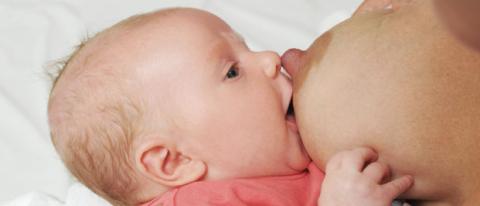
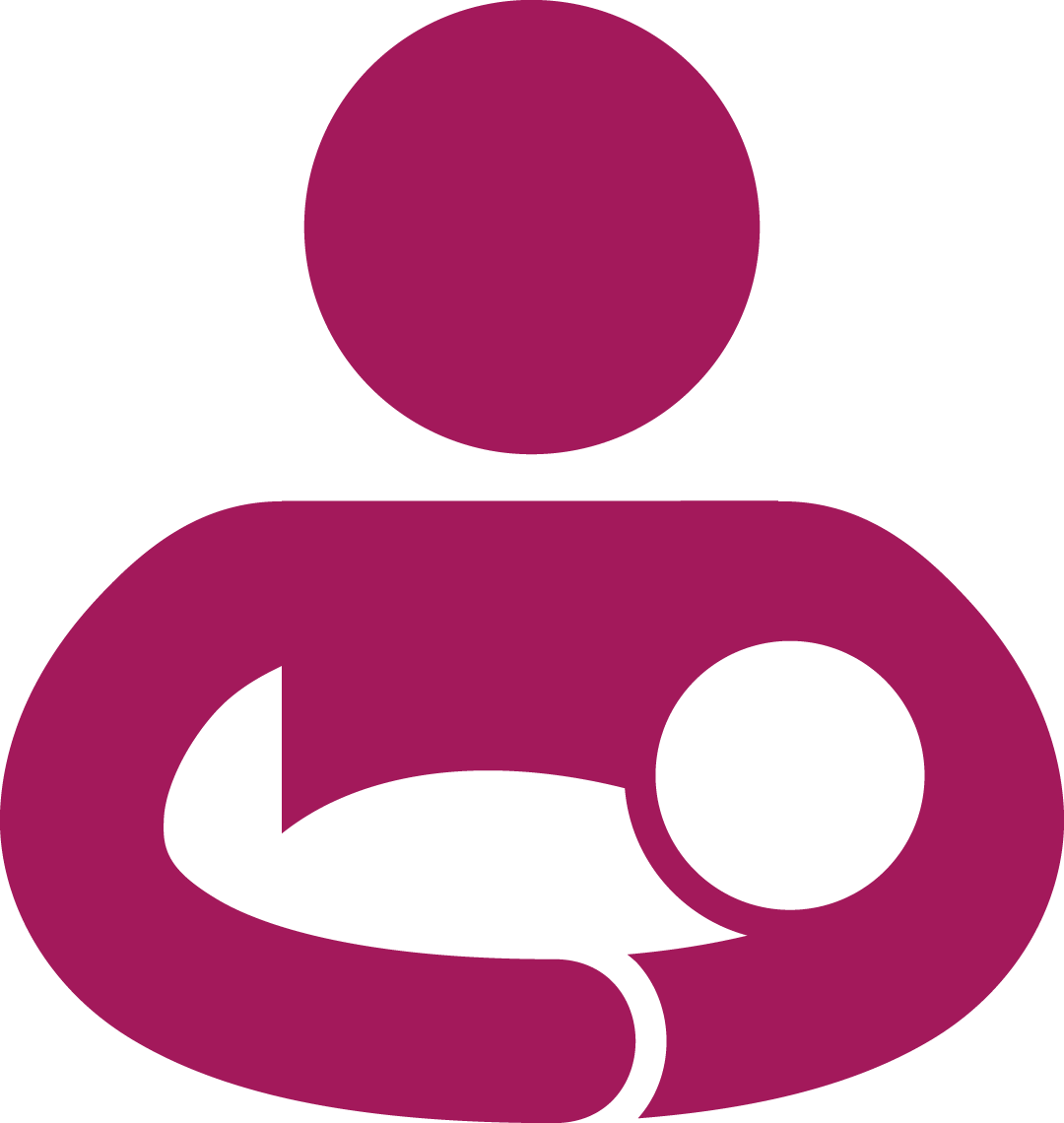 Feeding Your Baby
Feeding Your Baby
 Sleep
Sleep